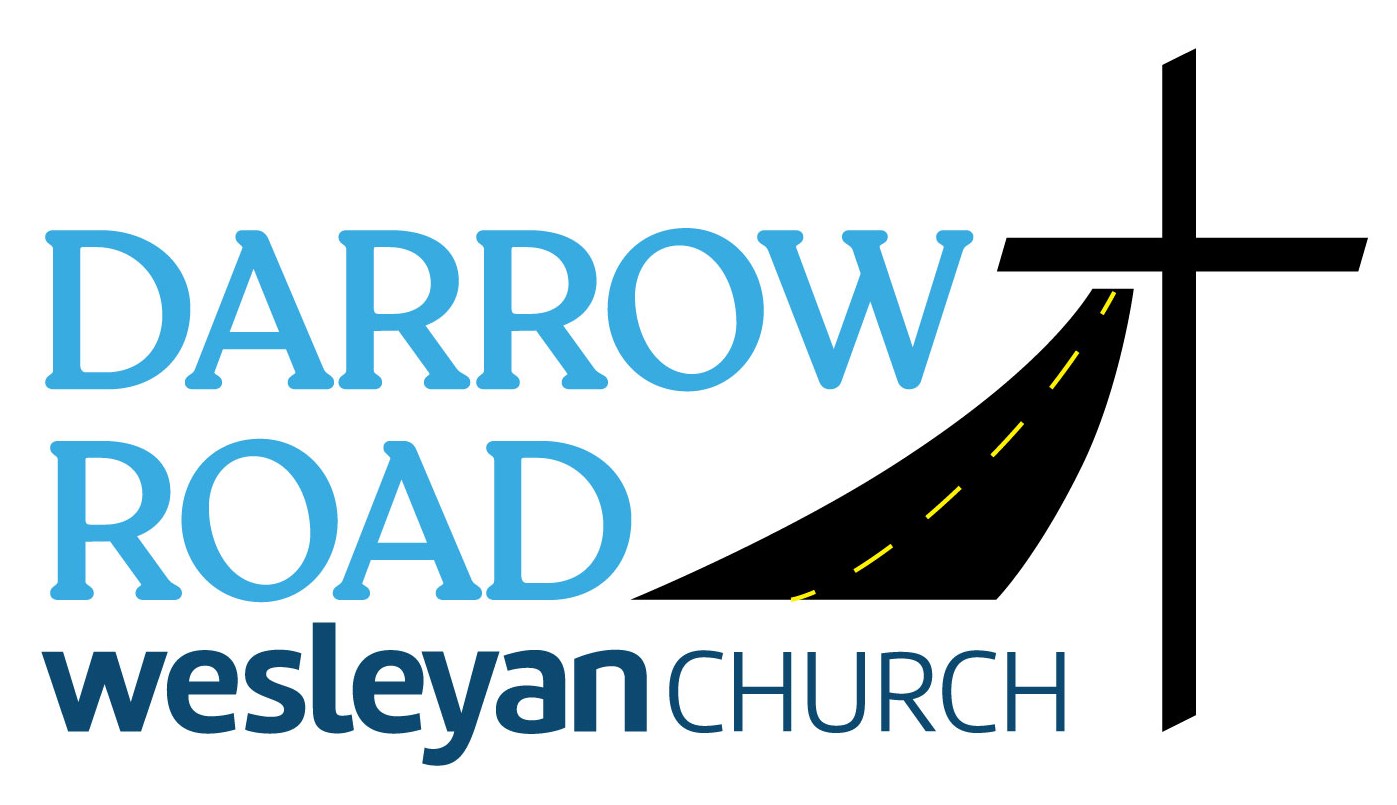The other day, I was informed by my eye doctor that a slight haze is forming on the lens of one of my eyes – the telltale sign of a cataract beginning to form. My first thought was, I must be getting old. Cataracts are an old person’s disease. It made me wonder, am I transitioning to senior status?
What are the evidences that one is passing beyond middle age? Is it a certain numbered birthday? Is it when one no longer receives AARP invitations for membership? Or, is it when waitresses automatically assume you are entitled to the senior discount?
Maybe it is the more negative experiences such as an employer wanting to replace you with a younger person. Or it is that smart mouth kid that has just made some rude reference to your age or driving skills. Or is it a certain sum of body functions that no longer work as they should?
Why can’t moving into senior status be as well defined as becoming a teenager, or young adult? Somehow I magically slipped across the boundary between young adult hood and middle age. So how do I know when I have achieved senior status so I can begin acting appropriately? More importantly, how should I act as a senior citizen?
In the Old Testament days, senior citizens both acted and were treated differently than today. Instead of experiencing the subtle push toward the sidelines by society, they were pulled into the controlling middle of it. They were invited to the city gate, not to be thrown out, but to take a place of authority over it.
The gate was where all of the “moving and shaking” of the town took place. People went there to make formal agreements with others, having the elders witness the act. The gate became the courtroom, where grievances were aired and determined. The elders would rule based upon the wisdom resultant from a long life. The young people came there to ask difficult questions and find profound insights. The elderly were not laughed at, scorned, or pushed to the side of life. They were revered and sought out for their contributions for the day.
That would have made the transition from middle age to senior status a lot easier to cross. Once you were invited to sit with the elders, you pretty much knew where you stood (or sat).
I think it is equally as important for our seniors to take part in today’s society, by sharing their wisdom of experience and observation. However, we will probably not be invited to the city gate, or to any place of prominence; that is left for the young. No, if the seniors of our society are to have any influence it will come more from a proactive approach. So how do we do it?
Seniors must find those venues that allow their influence. Civic organizations, Sunday school classes or small group Bible studies that provide interaction with those younger than them are great venues to exercise our wisdom.
Better yet, there is mentoring one on one, where a senior actively seeks out a younger person with whom they would like to invest their lives. If nothing else, one can share the benefit of lessons learned from poor choices so that those mentored might not suffer the same challenges we faced.
Perhaps the real determinant of one achieving the level of a senior sage can be recognized when we begin to act like one by making positive differences in the lives of others around us.
Pastor Mark

